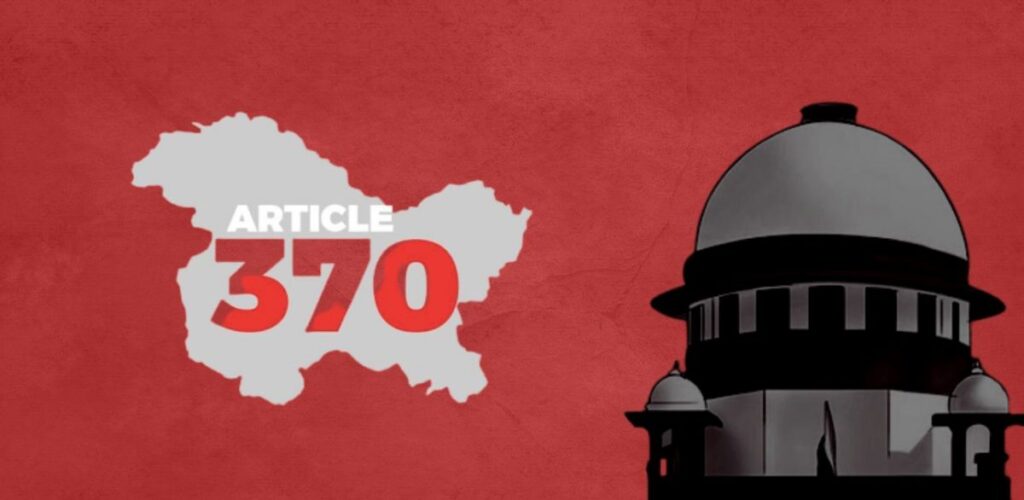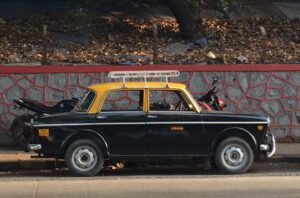Today (December 11), the Supreme Court is set to announce its decision on the Union government’s 2019 amendment to Article 370 of the Constitution. The amendment led to the revocation of the special status granted to the former state of Jammu and Kashmir.
A five-judge Constitution bench, presided by Chief Justice of India (CJI) DY Chandrachud, had reserved its verdict on as many as 23 petitions in the matter on September 5 this year, after 16 days of hearings. The bench also comprised Justices S K Kaul, Sanjeev Khanna, B R Gavai and Surya Kant.
CJI DY Chandrachud read out the verdict. He said that Jammu and Kashmir held no internal sovereignty after accession to India and that there was no prima facie case that the President’s orders were mala file or extraneous exercise of power. While the court says the reorganisation of the erstwhile state into Union Territories in 2019 was a temporary move, it directs Centre for the restoration of statehood. In this live blog, we explain the verdict’s implications and give some context on what has happened so far.
Article 370: CJI says UT status of J&K is temporary
The CJI then speaks about the reorganisation of the erstwhile state of Jammu and Kashmir into two Union Territories – Jammu and Kashmir, and Ladakh – that followed the revocation of Article 370.
He says that in view of the Centre’s submission that the UT status is temporary, the court doesn’t find it necessary to determine if the reorganisation into UTs is valid. The reorganisation of Ladakh as UT is upheld.
Also, the SC directs that restoration of statehood to J&K shall take place at the earliest, and steps shall be taken by the Election Commission of India to conduct elections to the Legislative Assembly of J&K by September 30, 2024.
Also Read: 10 दिनों में टाइगर 3 के बाद गदर 2 का ऑल टाइम बॉक्स ऑफिस उड़ा ले गया एनिमल











More Stories
कमल हासन: 19 फिल्मफेयर, 4 नेशनल, पद्मश्री और पद्मभूषण अवॉर्ड भी नहीं रोक पाए विरोध की आंधी, अब क्यों जल रहे हैं इस सुपरस्टार के पुतले?
गोवा में टैक्सी संकट: चालकों का विरोध तेज, सरकार ने सरकारी ऐप से जुड़ने की अपील की
Prey Decline Fuels Tiger-Human Conflict in East India